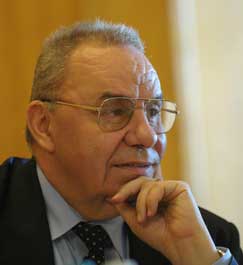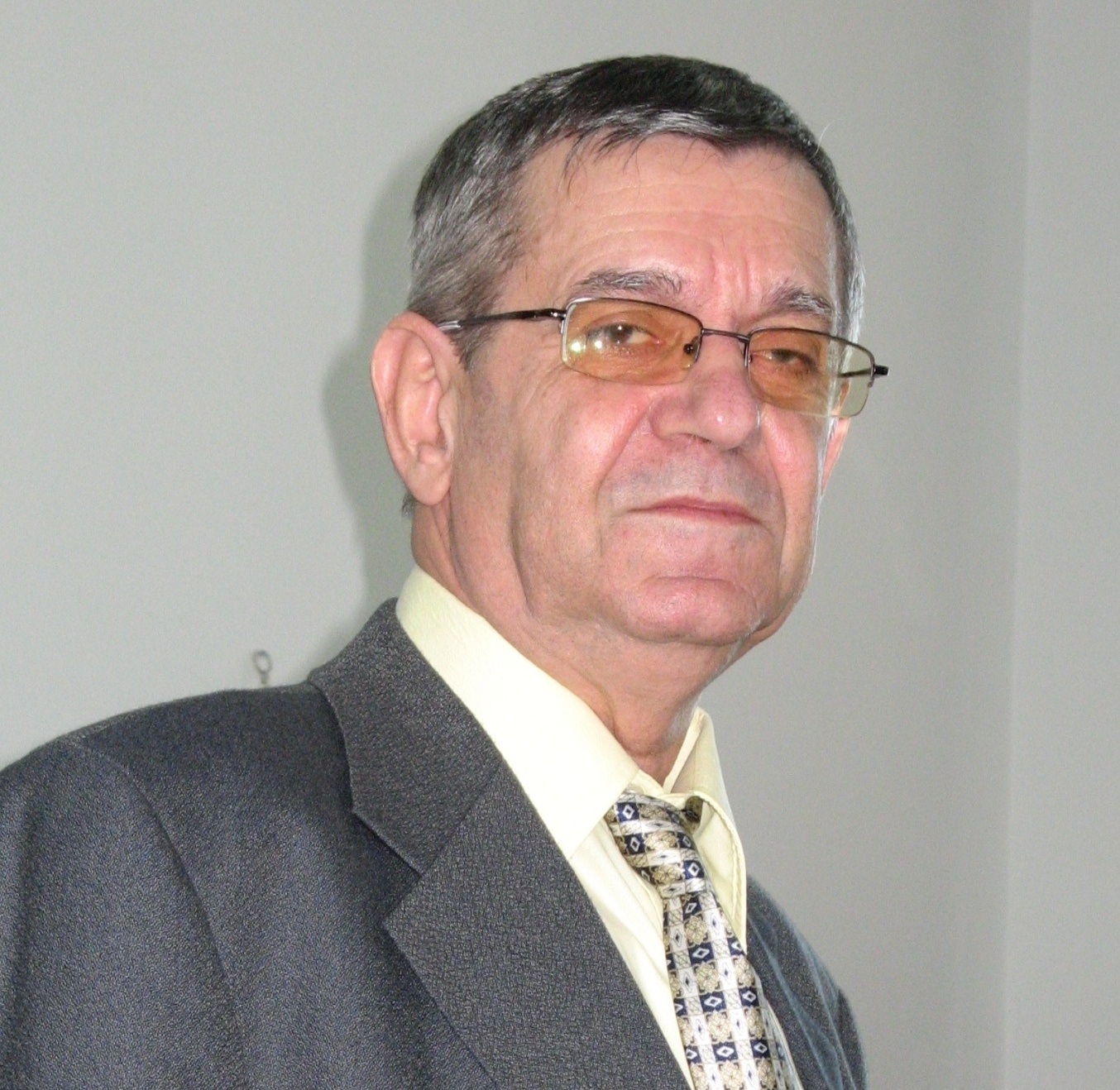POLITICS August 5 2004
The Official Journal of July 28 carries the rules drafted by the Executive for enforcing the bill which makes mandatory to declare the gifts received by elected or appointed officials during office.
By DANA PICIU and CARMEN VINTILA
The announcement should be made within 30 days from receiving the gift.
Medals, decorations, insignia, honorary orders and office paraphernalia which value less than 50 euros are excepted from these provisions.
Also according to the new law, the head of the public institution should organize a committee of three professionals under his authority that would evaluate and register the gifts.
The committee will keep records of all gifts received by each official and by year-end would proceed in the following manner: the persons that received the gifts may keep them if they so want, and if the value of the object is lower than 200 euros.
The gift may be kept even if the value exceeds 200 euros, but then the official that received it should pay the amount in excess of 200 euros for having it.
If the official does not want to keep the presents, then they are either kept as part of the assets of the institution, or they are auctioned and the funds thus resulted are to be sent to state budget, or local budget or the budget of the public institution.
The Executive was bound to draft the rules for the enforcement of this law within 60 days of its passing through parliament, and it did so a few days ago.
The rules decide how the evaluating committees would be set up, the scope of their abilities and the ways and means for evaluating and recording the presents.
Each public institution must set up such a committee by ruling of its top administrator.
The rules also describe how the statement for declaring that you received a gift should look like: it will comprise full name, position and work place, a description of the gift and of the events that lead to being presented with it, and also the date and the signature of the person making the statement.
The statement should be made in writing, should accompany the object, and the evaluation of the gift should be made immediately, according to market prices. Experts may be consulted for evaluations, and they are to be selected according to legal provisions.
The committeeâs final tasks are: to keep record of all the gifts, their amount and their respective value; to evaluate and record them; to give the gifts back to their intended recipient if their value is lower than 200 euros or if the recipient pay the added value on top of the 200 euros threshold; for the gifts which are not returned to their initial recipient, to decide which gifts should be kept as part of the assets of the institution, or should be transferred to other public entities, or should be sold via open bidding; to secure the safe keeping of the gifts.
For instance, last summer, PM Adrian Nastase led a governmental delegation to Kuwait and Lebanon. Each member of the official delegation received gifts from their hosts, but only a few members of the Executive admitted to the fact and described the objects.
The PMâs economic adviser, Ioan Popa, said he received a box with various jewels which he evaluated at around 40 euros and said he will keep.
A similar gift got Victor Ponta [head of the youth organization of the Social Democrat Party and in charge with anti-corruption work], who said there was no way one could have refused the gifts because that would have offend the hosts.
Other officials got gold-watches, medals, coins, jewels and other objects made of gold.
The journalists and the secret service members accompanying the official delegation were each given the latest model of the Nokia mobile phone.
The Executive spokesperson, Despina Neagoe, did not want to disclose what gift she received then, on grounds that "it is up to me to say or not what I received for a gift."
Some of the members in the delegation did not get golden things, as Eugen Dijmarescu, the minister for commerce, who stated that his gift consisted of a photo album.
"If others got the gold, lucky them," commented then Dijmarescu.
The Executive drafted the bill which is now enacted following the public scandal in the media that ensued in the aftermath of that visit to Kuwait.
Also last August, during his visit to China, President Ion Iliescu received a motorcycle for a present. The Chinese treated him to a cruise on the Yangtze River, to a waltz with the deputy mayor of the Chongquing city and to a spicy meal, and then took Iliescu on a visit to the largest motorcycle maker in China.
There, the director of the Zongshen Company insisted Iliescu would accept for a gift a red motorcycle, of Zip-Star brand, worth 5,000 dollars.
The Romanian head of state was happy to receive it, hence he even mounted on it and allowed for a full photo session to proceed.
Then Iliescu realized he cannot use the motorcycle, and decided to make it a gift in his turn. First he said he will donate it to the Romanian Police, then he said he will give it to a sports association to finally decide to give it to the Secret Service.
Translation: ANCA PADURARU








